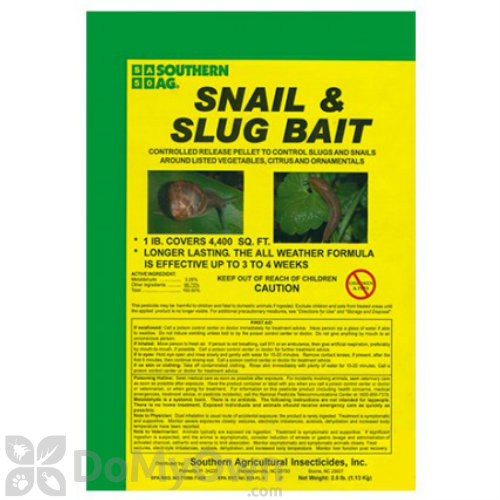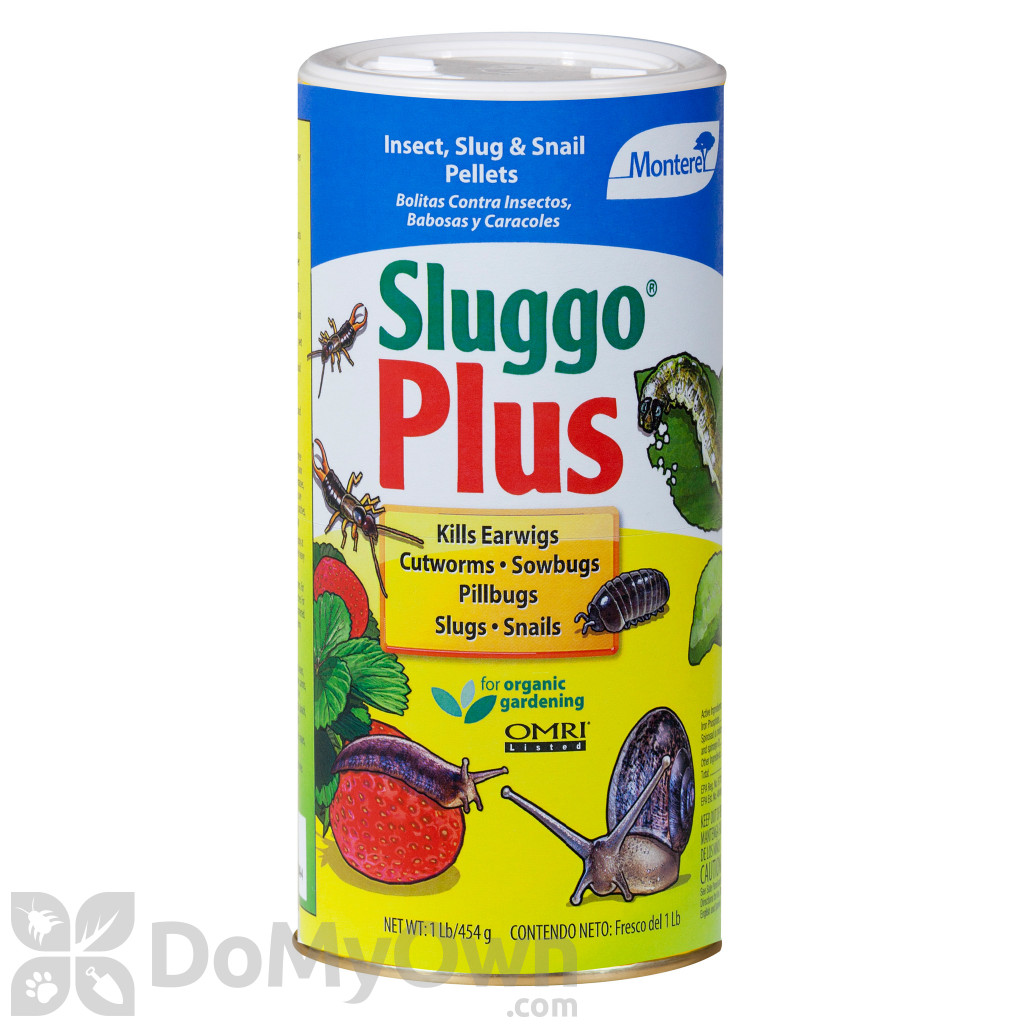Slugs and snails are common garden pests that can cause damage to plants.
They are both mollusks and have similar feeding habits, using their rasping mouthparts to eat holes in leaves, stems, flowers, and fruits.
The problem with slugs and snails is that they can quickly multiply and cause widespread damage to plants in a short period of time.
They devour plant leaves and leave behind slimy residue.
The slug can follow the slime trail left from the night before.
The trails make a highway straight to the plants.
They feed on a wide range of host plants, but are especially partial to young, succulent plants.
They are most active at night and on overcast days.
They lay their eggs in the soil, and can remain there for years.
Additionally, some species of slugs and snails can transmit plant diseases, making them an even greater threat to the health of your garden.




Here are some tips on how to address this problem:
Organic:
Handpicking: Go out to your garden at night with a flashlight and handpick any slugs or snails you see.
You can dispose of them by putting them in a bucket of soapy water.
Barriers: Create a barrier around your plants with copper tape or mesh.
Slugs and snails are repelled by copper and will not cross it.
Natural predators: Encourage natural predators such as birds, hedgehogs, and toads to visit your garden by providing nesting boxes and habitats.
They will eat the slugs and snails and help control the population.
Beer traps: Place a shallow dish filled with beer near your plants.
The slugs and snails will be attracted to the beer and will fall in and drown.
Salt: Sprinkling salt around the plants can deter slugs and snails, but be careful not to get the salt on the plants as it can damage them.
Metaldehyde and iron phosphate are two common active ingredients highly effective in killing slugs and snails found in commercial slug and snail bait products.
Metaldehyde –
Sold as granules, it attracts slugs, and snails in moist soil, then paralyzes them, until they dehydrate in the sun.
Applied as needed, but will last 3 to 4 weeks, even after rain and sprinkling.

Iron phosphate –
Sold as granules also, it is considered much less toxic to non-target organisms than the leading competitor – metaldehyde.
It damages digestive tissue, and causes them to stop feeding right away, become less active, and die within 3-6 days of starvation.
It should be scattered on the soil and around plants that are to be protected.

You might also like these articles:
- Slow-Release Fertilizers for Trees and Shrubs
- A Plant’s Nutritional Needs: The Best Fertilizer for Each Stage of Plant Growth
- How to Use Roundup Effectively and Safely
- Weed Control in Your Garden: Choosing and Using Herbicides Safely and Effectively
- Effective Herbicides for Common Weeds in Lawns and Gardens
- Starting Seedlings from Seeds: Read This First
- Unleash the Magic of Mulch: Transform Your Garden Today!
- Transform Your Soil into a Vibrant Garden Oasis with the Power of Soil Amendments
- 10 high rated tillers for small/medium yard reviews
- Top-Ranked small to medium-sized yard Lawn Mowers review
- Tips for Growing an Avocado Tree: Climate Factors, Soil Needs, Tree Varieties, and Planting Methods
- Exploring the Benefits of Annual Flowers: Adding Color, Variety, and Easy Care to Your Garden













Cool + for the post